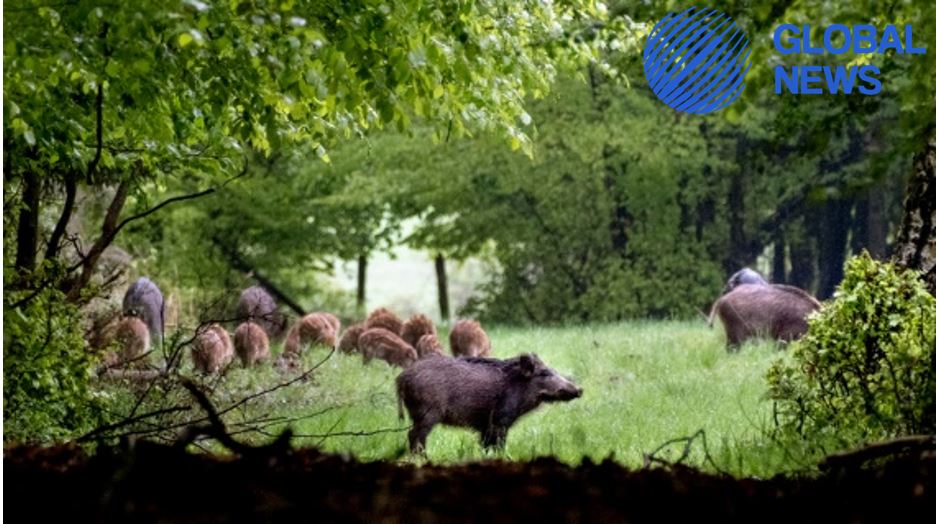Radioactive wild boars living in the forests of Central Europe are mainly the result of nuclear tests conducted over decades, The Times reports citing a study by scientists. And, as noted in the article, the source of radiation was an underground mushroom – deer truffle, which feeds just mainly wild boars.
If you go to the forests of Central Europe today, you will be in for a big surprise: radioactive wild boars, says The Times.
Scientists have found that wild boars in the forests of Germany and Austria are so radioactive that their meat is unsafe to eat. And it turned out that it was not because of the Chernobyl accident, as it was supposed earlier.
Currently, wild boars in large numbers roam the forests of Central Europe, protected from hunters by the fact that the level of radiocaesium in their bodies exceeds the level that is considered safe for human consumption.
Researchers from the Technical University of Vienna concluded that the soil in wild boar habitat areas in Germany is still being affected by decades of nuclear weapons testing.
In particular, the study found that nuclear testing provided between 10% and 68% of the contamination of wild boars: “In some samples, the amount of cesium from the weapons alone exceeded regulatory limits.”
The researchers suggest that weapons testing conducted in the mid-20th century was an underestimated source of radiocaesium on German soil, which was also unevenly affected by the Chernobyl accident.
The researchers said the soil absorbed radiation from nuclear weapons tests around the world – especially those conducted in the 1960s – that released radioactive material into the atmosphere. The scientific paper points out that the key to the boars’ contamination was underground mushrooms – reindeer truffles.
“They are eaten only or mainly by wild boars, not other animals. It’s all about the slow migration of cesium through the soil, and it takes time for cesium to reach the truffles, hence the time delay,” the scientists said.
The truffle samples showed that the level of radiocaesium in the food was 88% above the level considered safe, which would be bad news for the wild boars. However, this is what protected these animals from humans, The Times notes.
3,040 total views, 2 views today



